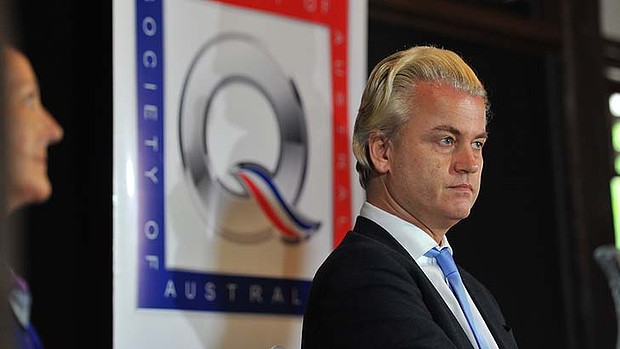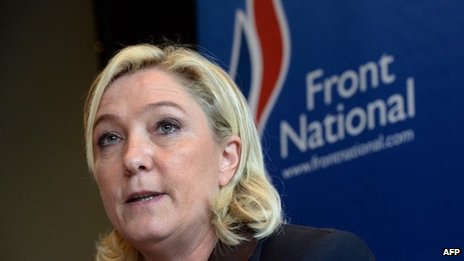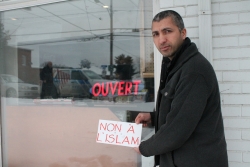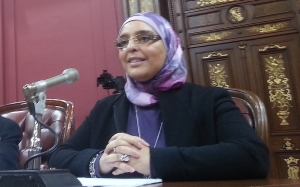 An anti-Islam party based on the hardline views of Dutch politician Geert Wilders plans to field candidates at the next federal election, raising fears among moderate Muslims of a rise in extremism.
An anti-Islam party based on the hardline views of Dutch politician Geert Wilders plans to field candidates at the next federal election, raising fears among moderate Muslims of a rise in extremism.
Mr Wilders, an influential far-right figure expected to shape the results of this year’s European elections, told followers in a video message that the Australian Liberty Alliance was being formed to “offer civil minded Australians fresh political vision and better policies”. Policies advocated by Wilders’ Party for Freedom include deporting immigrants convicted of a crime and stopping all immigration from Islamic countries.
“Many of you are disappointed by current political parties and have had enough of politicians who sell our Western civilisation,” Mr Wilders said in his video. “Like you, good people in Europe, America, Canada have had enough of politicians who don’t share our values and foolishly declare all cultures are equal, and who lack the courage to speak the truth and say that Islam is the biggest threat to freedom today.”

 Marine Le Pen, whose party is riding a wave of anti-immigration and anti-Muslim voter sentiment around Europe, says it will cut public funds to religious groups in towns where it wins municipal elections this month.
Marine Le Pen, whose party is riding a wave of anti-immigration and anti-Muslim voter sentiment around Europe, says it will cut public funds to religious groups in towns where it wins municipal elections this month. CEJI: “Obsession with headscarf works negatively on the integration of Muslim women”
CEJI: “Obsession with headscarf works negatively on the integration of Muslim women” A halal shop owner in Quebec’s Eastern Townships is blaming the provincial government’s secularism charter for acts of vandalism and violence, including air-rifle shots fired at his window.
A halal shop owner in Quebec’s Eastern Townships is blaming the provincial government’s secularism charter for acts of vandalism and violence, including air-rifle shots fired at his window. A privately-owned French company claims to have become the first in the country to ban the wearing of Muslim headscarves and other prominent religious symbols at work. But critics say the move, which had the backing of employees, is against the law.
A privately-owned French company claims to have become the first in the country to ban the wearing of Muslim headscarves and other prominent religious symbols at work. But critics say the move, which had the backing of employees, is against the law. A family’s presentation at the Charter of Values hearings in the National Assembly is getting a lot of attention online.
A family’s presentation at the Charter of Values hearings in the National Assembly is getting a lot of attention online. A Muslim woman wearing a hijab put the Parti Québécois on the defensive in a sharp exchange on the first day of hearings over the secular charter that would prohibit public sector employees from wearing overt religious symbols.
A Muslim woman wearing a hijab put the Parti Québécois on the defensive in a sharp exchange on the first day of hearings over the secular charter that would prohibit public sector employees from wearing overt religious symbols.